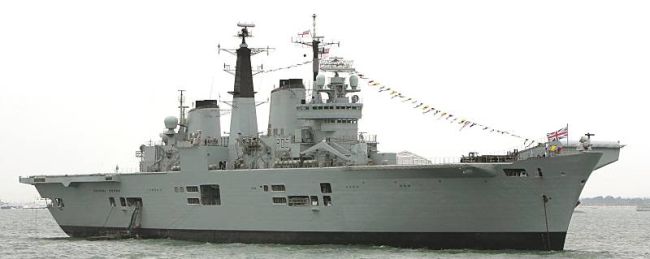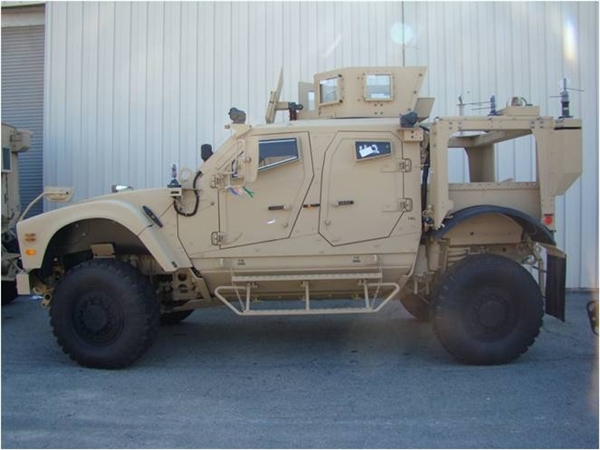WASHINGTON — Washingtonians may be complaining about the current heat wave, with temperatures in the upper 90s and lower 100s Fahrenheit accompanied by high humidity, but in Baghdad, it is 115 degrees.
Either way, either place, it’s too hot.
The temperature is a little better in Kabul, where the National Oceanographic and Atmospheric Administration recorded the outdoor temperature at Kabul International Airport today at 10 a.m. EDT was 82 degrees F, which is nighttime there. In Washington, at 10 a.m. EDT, the outdoor temperature at Washington Reagan National Airport recorded by NOAA was 86 degrees F, with relative humidity of 67 percent and a heat index of 93.7 degrees F.
The U.S. National Weather Service issued an excessive heat watch for Washington at 3:21 a.m. EDT, extending through 10 p.m. EDT July 24, as temperatures that day are expected to reach the lower 100s. The heat index, which is the combined effects of heat and humidity, can make it feel even hotter.
The weather service issues an excessive heat watch when heat indices in excess of 105 degrees F during the date, combined with nighttime lows of 80 degrees F or higher, are forecast to occur over two consecutive days.
While NOAA does not report temperatures in Iraq, Al Jazeera’s weather forecast showed today’s temperature was 114.8 degrees F, and forecast temperatures on July 25 to be 116 degrees F.
It can be too hot indoors anywhere, too, if air conditioning is malfunctioning, non-existent or otherwise not able to beat the outdoor heat. The U.S. Occupational Safety and Health Administration has no indoor air quality standards or regulations for office temperature, but the agency does offer recommendations to employers in the OSHA technical manual. OSHA recommends that indoor temperature control be set in the range of between 68 degrees F and 76 degrees F.
As summer temperatures peak, whether in Afghanistan, Iraq or the United States, indoors or outdoors, people are encouraged to pay attention to proper diet, sleep schedules and hydration, according to a top flight surgeon.
“Drinking water is one of those things that we forget to do,” Lt. Col. Brian Pinkston, a flight surgeon and chief of operations for the Air Force Medical Support Agency, told The Pentagon Channel during a recent interview on hydration. “You shouldn’t wait until the time you feel like you need to drink, and you must not only hydrate on caffeinated beverages but non-caffeinated beverages as well.”
Pinkston said that in the summertime, heat exhaustion continues to pose a problem for deployed and non-deployed troops as they encounter high, desert-like temperatures. In 2007, for example, 1,853 non-deployed soldiers reported symptoms of heat exhaustion, according to published reports. The most common causes of heat exhaustion are overexertion in warm temperatures, overdressing, dehydration and alcohol use in warm temperatures.
Symptoms of heat exhaustion can include heavy sweating, faintness, a weak or rapid pulse, low blood pressure, nausea, low-grade fever, headache or skin flushed and moist. To combat the heat, soldiers must drink plenty of fluids, avoid sunburns and wear sunscreen, and seek cool location and shade.
With highly mobile troops and changing schedules, Pinkston said that it is easy for servicemembers to forget the importance of hydration, establishing a sleep schedule, a balanced diet and proper alcohol consumption. Poor attention to any of these areas can highly impact servicemembers’ health and possibly put them at risk for other illnesses and blood clots, he said.
“Changing time zones can really throw your entire system off,” Pinkston said. “Adjusting to a new time zone takes an hour a day per time zone. It throws off your temperature, your body temperature, and it can do a lot of things while you are in your sleeping time frame and affect your immune system.”
Lack of mobility also can be harmful to servicemembers’s health, since the blood in the body tends to pool in the legs, Pinkston said.
“Moving your muscles and getting up to go to the restroom and doing things like that really helps to get you pump that blood back up and doesn’t cause it to be static,” he said. “It really helps if you are crammed [in a location] and can pump those muscles.”
(Editor’s note: American Forces Press Service writer Sarah Lifshin contributed to this article.)
Source:
U.S. Department of Defense
Office of the Assistant Secretary of Defense (Public Affairs)

 von
von 
